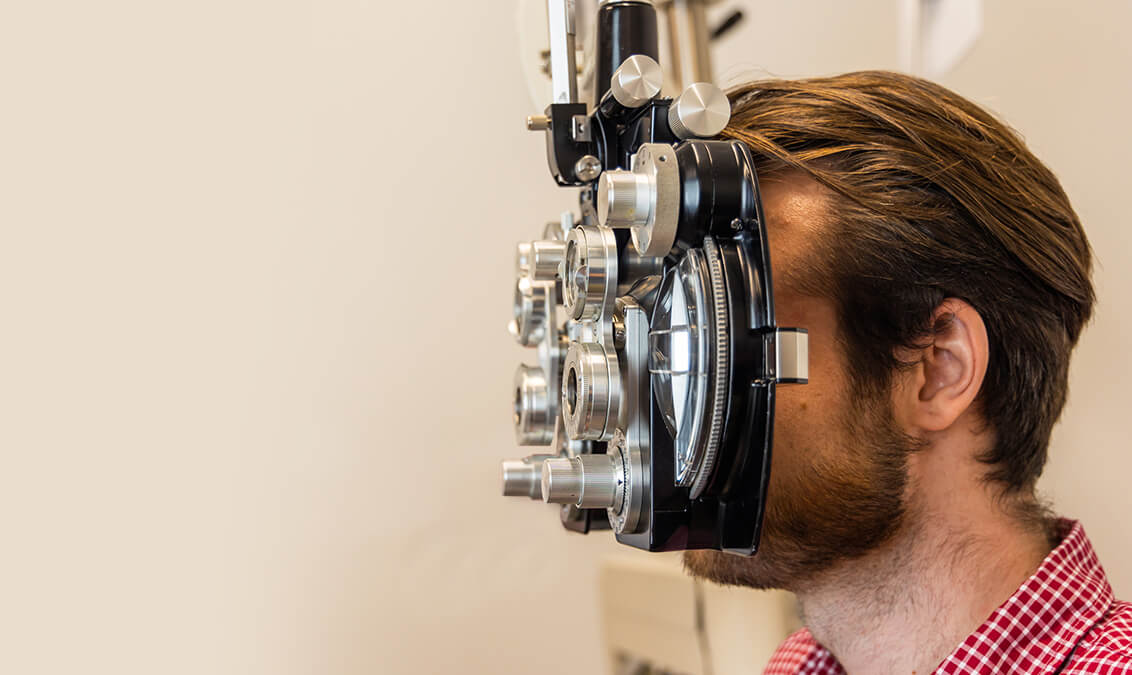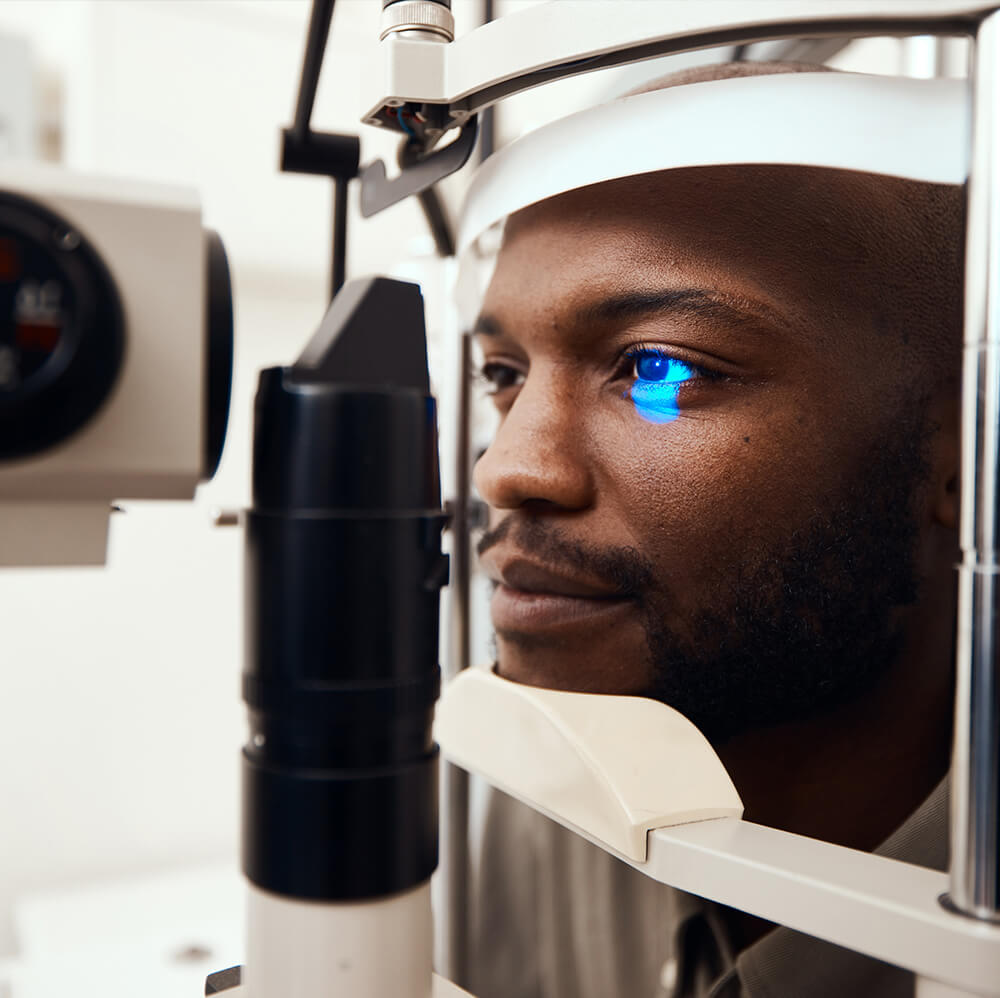Dilated eye exams & retinopathy screening for patients with diabetes
Diabetic retinopathy can develop over time in people living with Type 1 or Type 2 diabetes. Individuals with diabetes also live with increased risk of glaucoma, cataracts, and other eye diseases. Keeping up with regular eye exams and discussing vision changes with your eye doctor is the best way to protect your eyes and vision.
Both routine and medical eye exams conducted by a licensed optometrist are available at all Eye Boutique locations.








